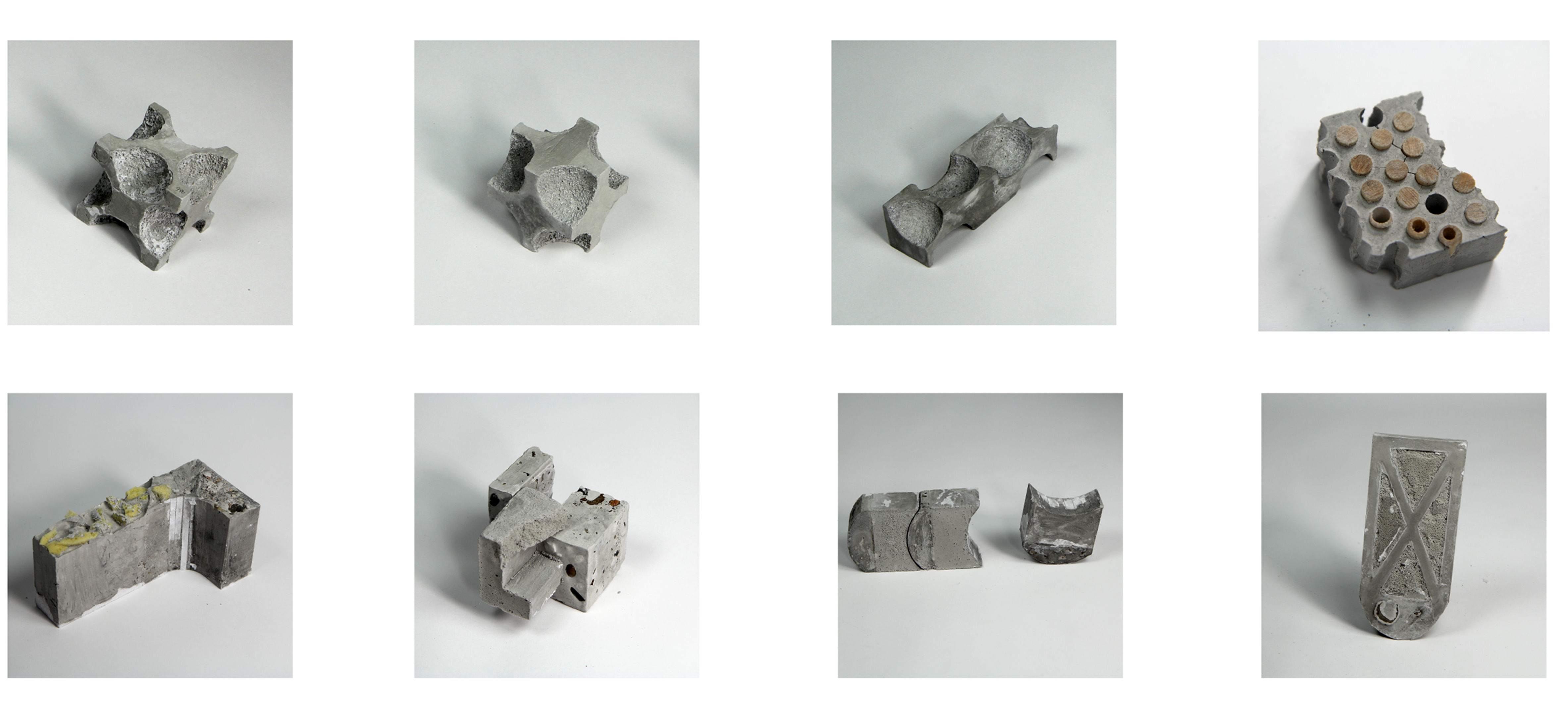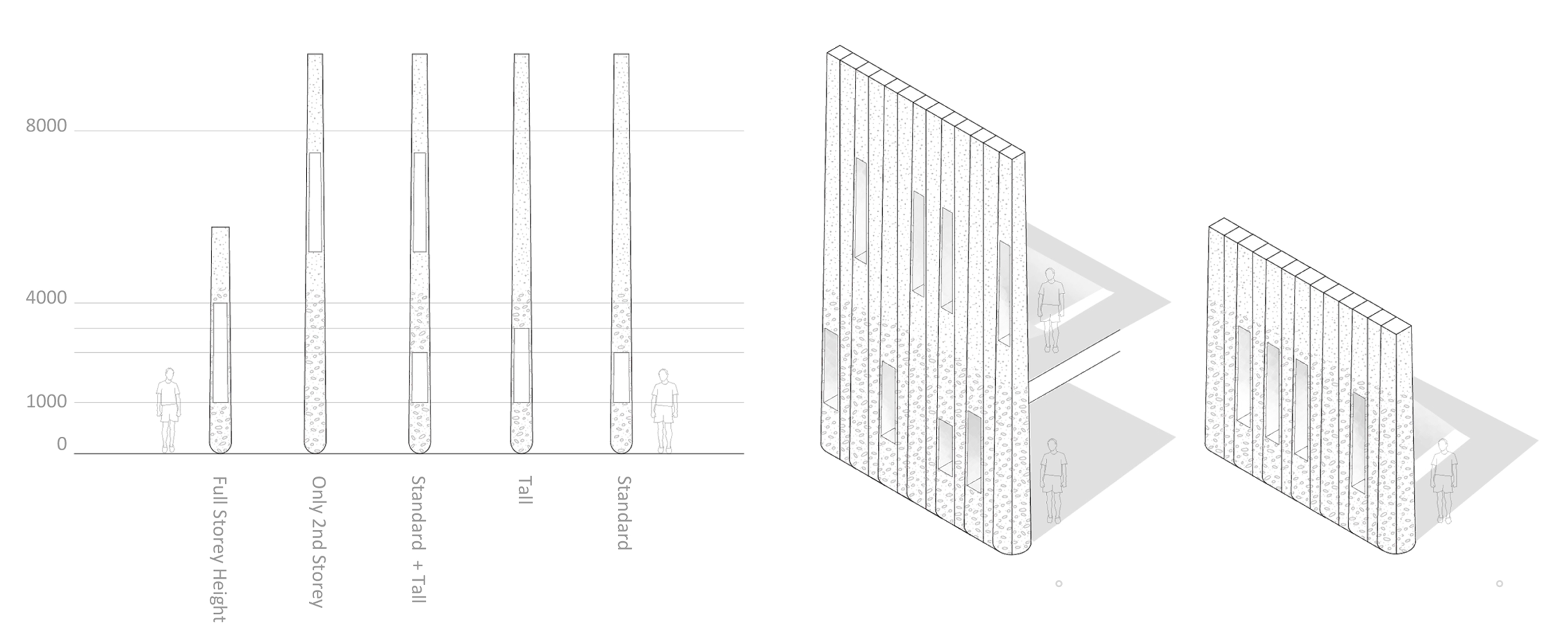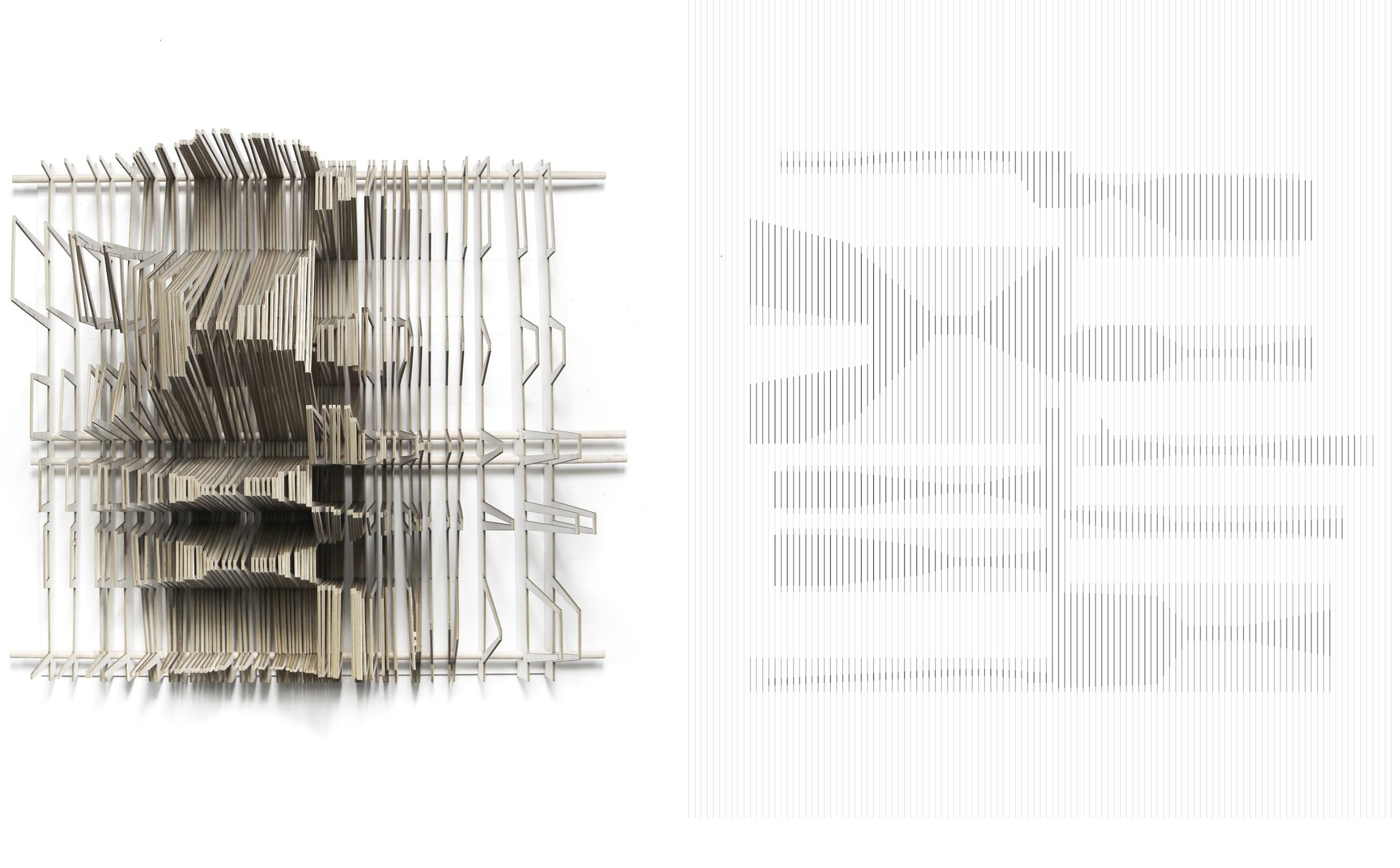FRINGE CITY 1: Emergent Technology for Building Rural-Urban Incubators
Spring 2020
The studio explored the diverse and multivalent rural-urban context in southwest China to speculatively consider alternate models of future urbanization. By coupling advanced construction technologies and local building practices, the studio designed mixed-use incubators that can act as a catalyst for measured urban growth. Having experienced unrelenting spatial transformation over the past several decades, settlements in the rural and rural-urban territory comprise a collaged context of regularized urban fabric, productive landscape, and vernacular village fabric that traverses a sprawling network of infrastructure and natural landscape systems. The distinct co-existence and varying degree of adjacencies between the local-specific and the urban-generic contexts open the possibility to cultivate novel forms of spatially and architecturally hybridized systems, as well as offer important clues to rethink sustainable modes of urbanization through specific local cultural, spatial, and material practices. The site of intervention is the rural-urban zone along the urban boundary of Chongqing, China. Being the only provincial level municipality and first-tier city in Southwest China, the Chongqing municipal area spans 82,403 km2 and is equivalent in size to Austria. The city is dotted with urban clusters which are surrounded by vast rural districts and landscapes, further intensifying the urban and rural dual structure.
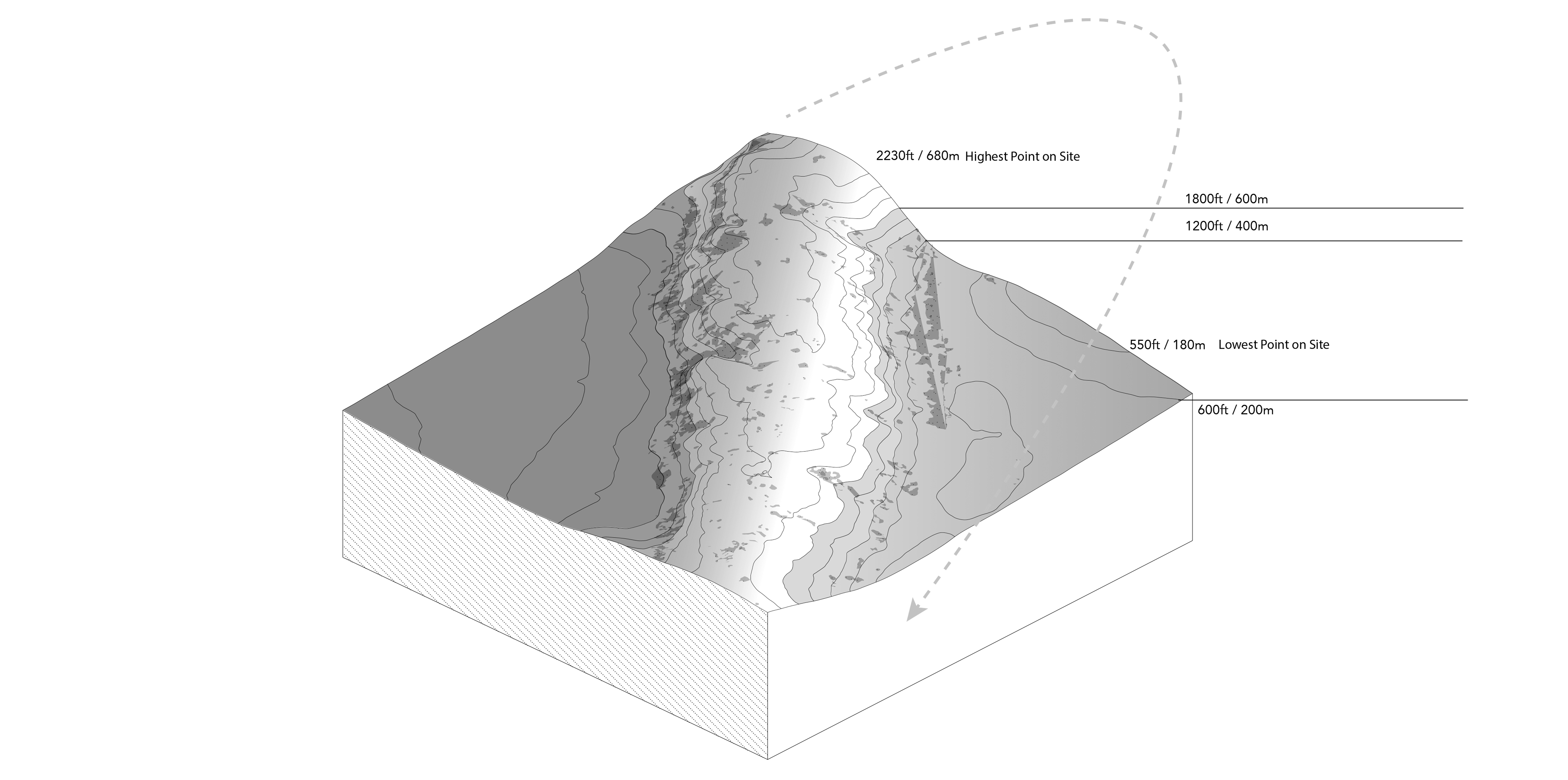
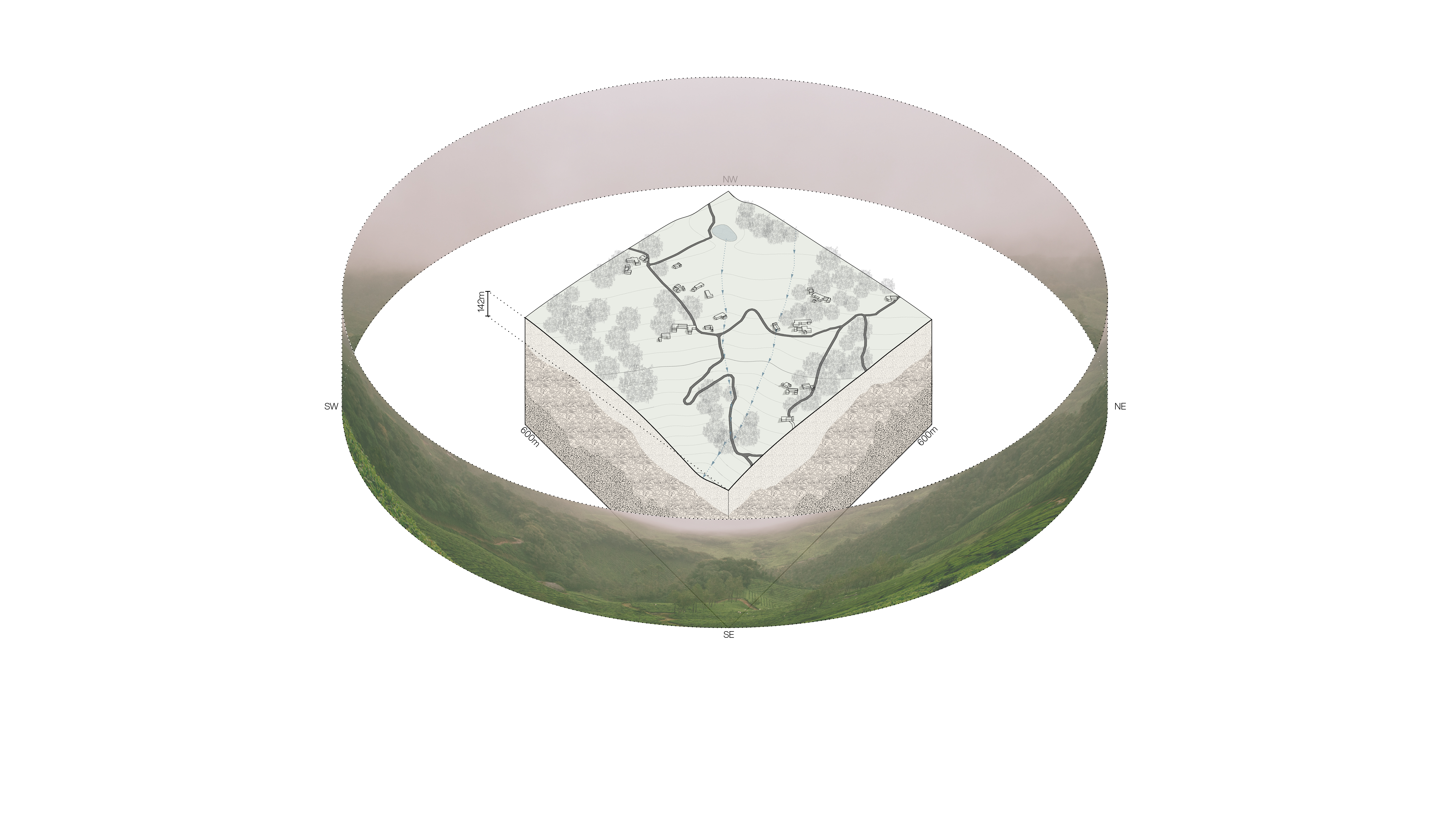
Fabric Dream
project by: rondell almodovar and kevin huberty
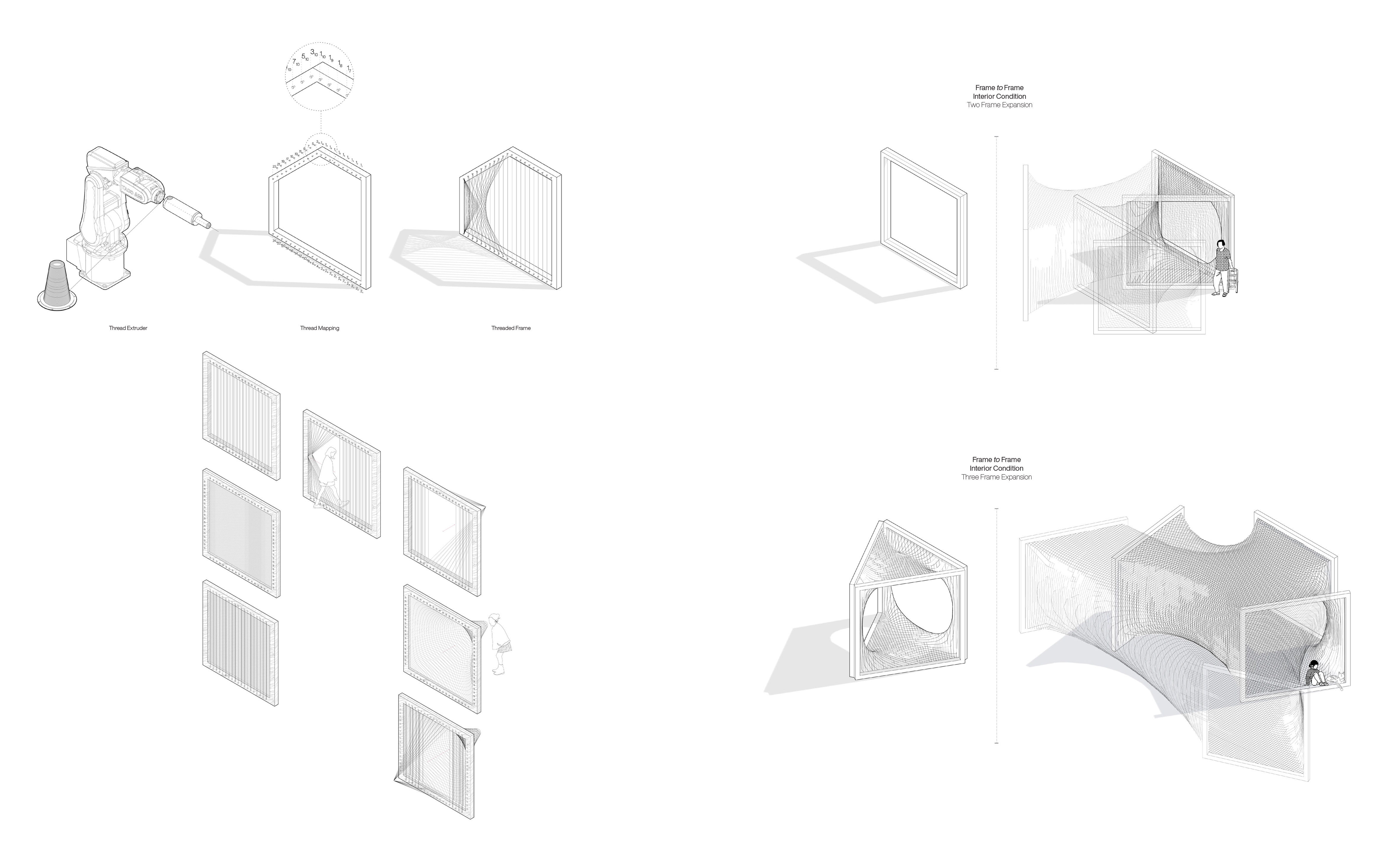
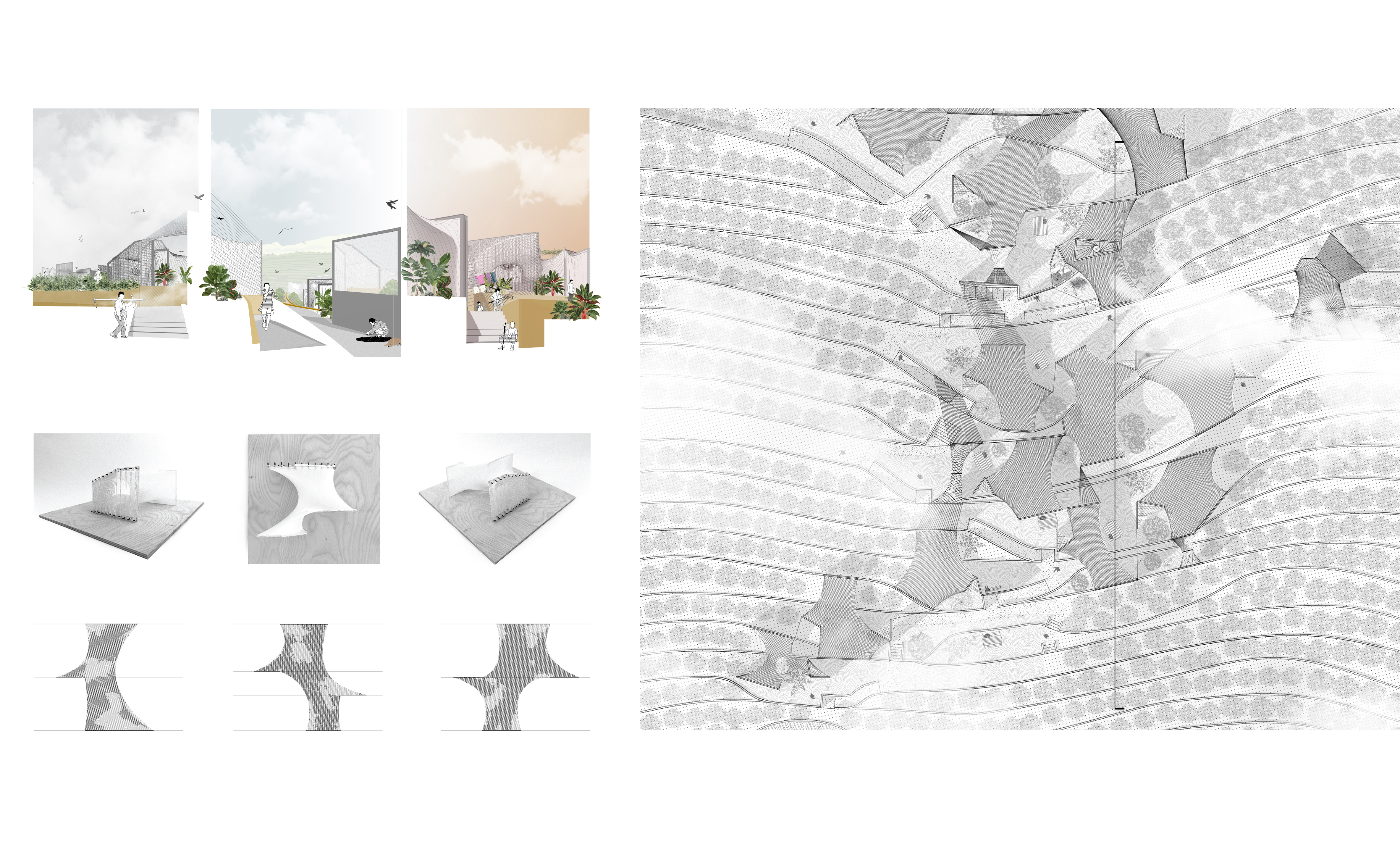
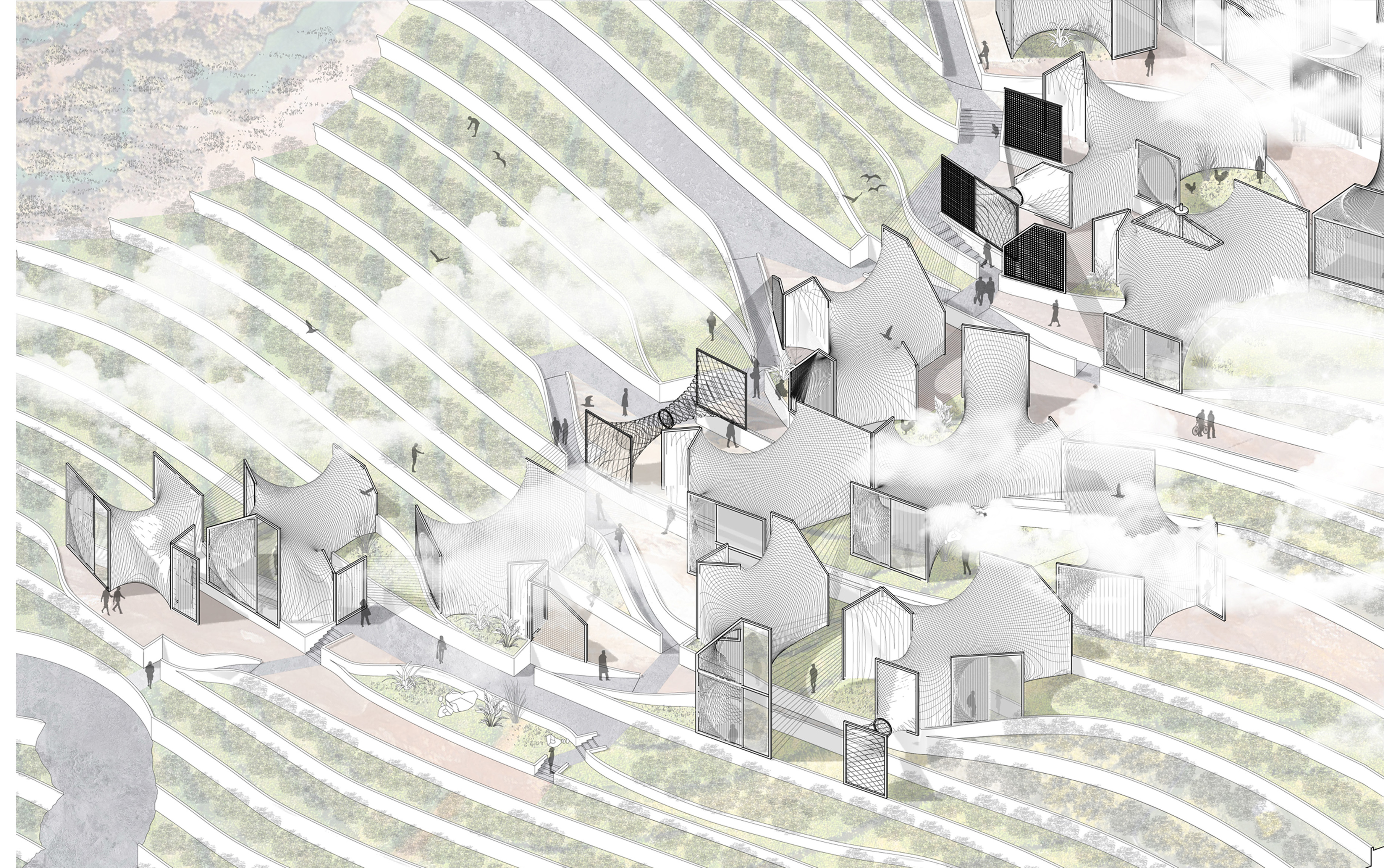
LAMINA SCAPE
Adaptive rural / urban fabric system
project by: nina kosica and zhengbang xiang
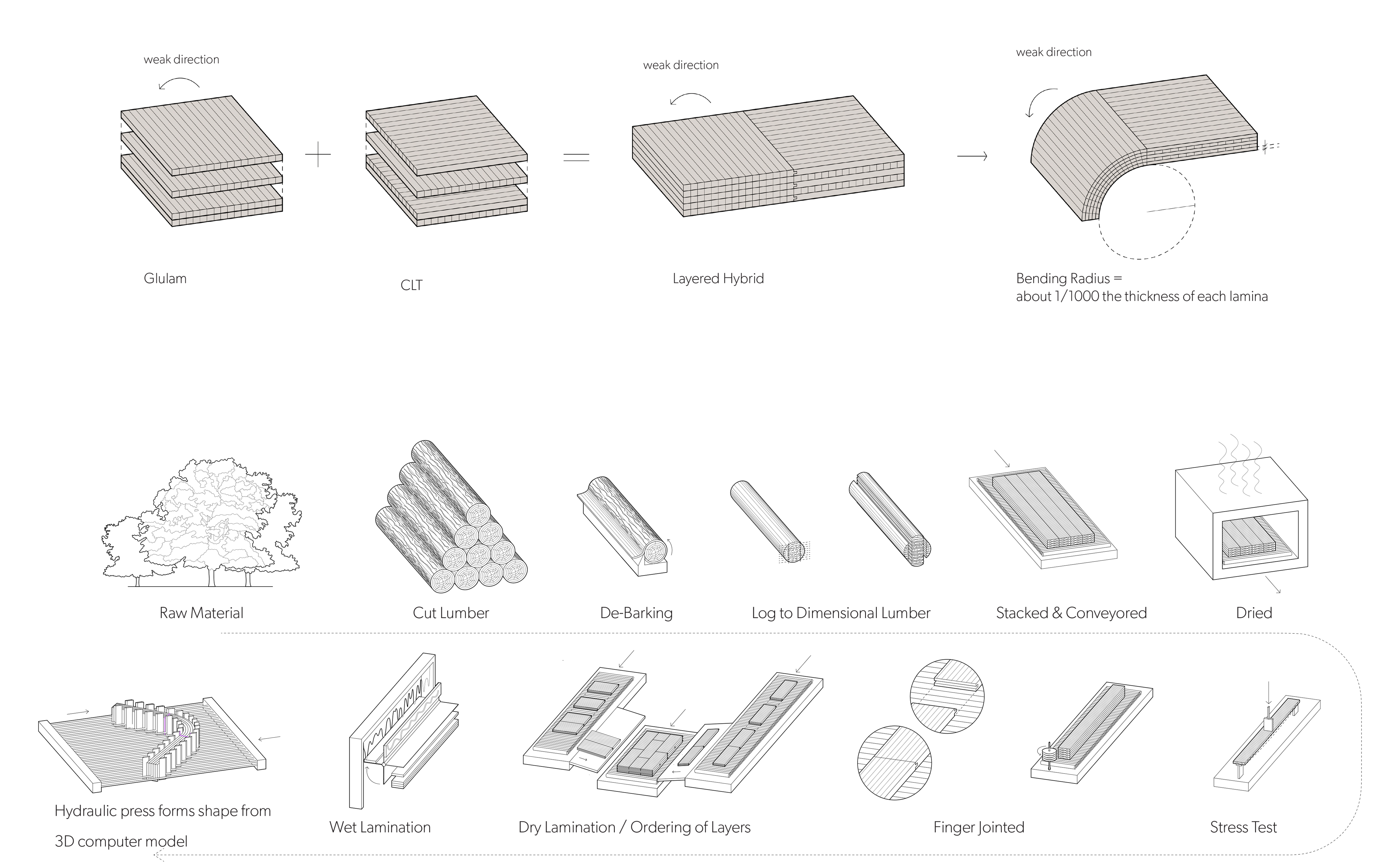
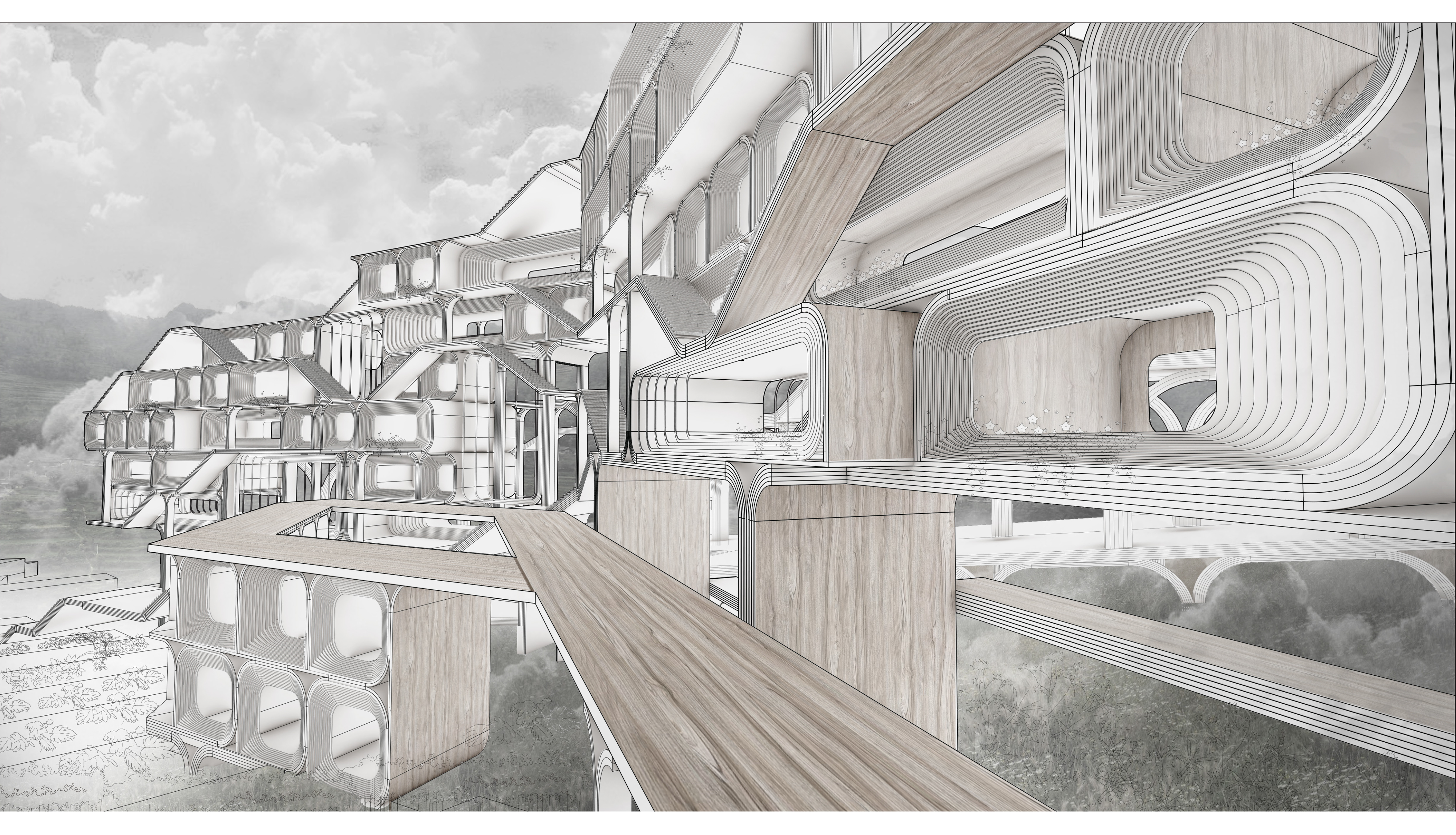
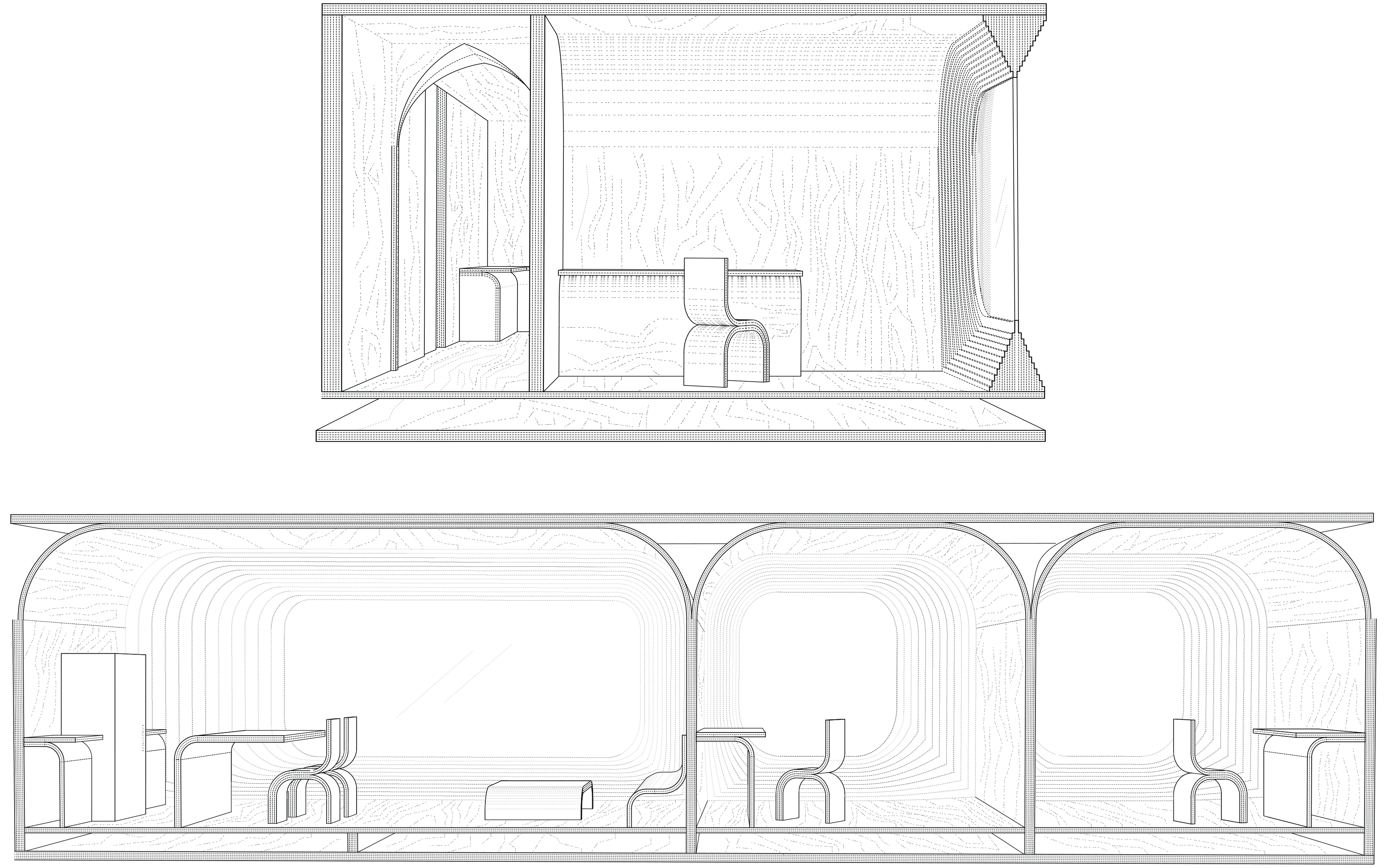
TILTING MASONRY
project by: jENNY yI AND DAISY DAI
